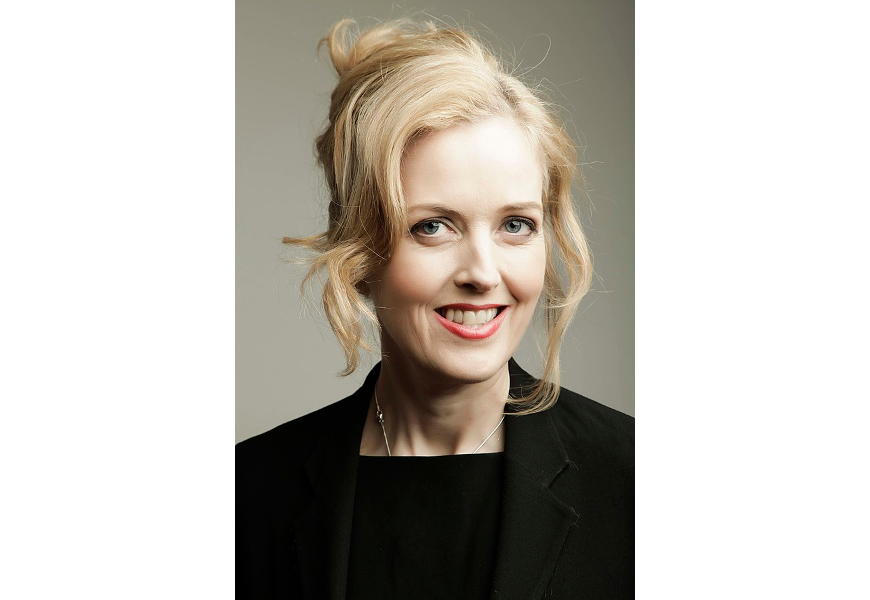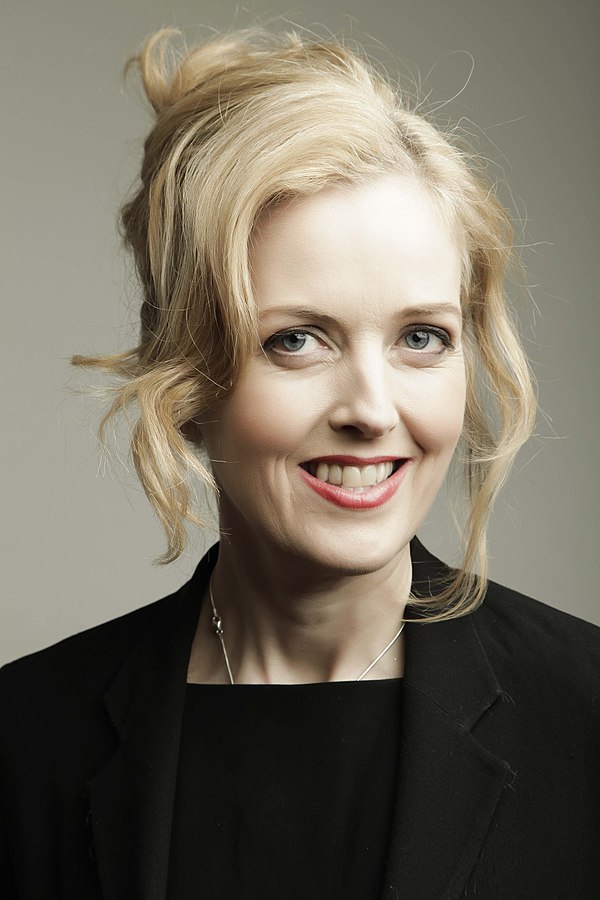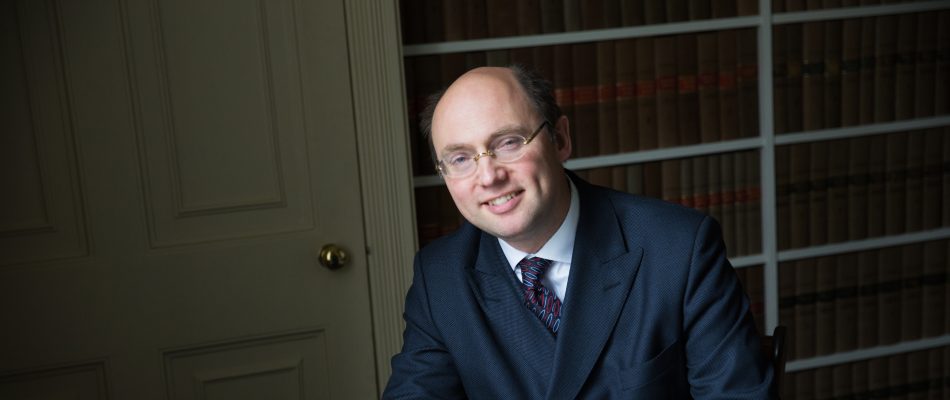The family law barrister who is not resting on her oars

As a national rowing champion focused on winning, Joanna Toch is as tenacious in the courtroom as she is with an oar in her hands. She is also supremely well organised – she has had to be, combining her sporting and legal careers with raising two children.
Joanna always wanted to be a barrister after watching Crown Court, a much-loved TV soap in the 1970s which played out a court case over three episodes each week. She also always wanted to excel at sport. Coming from a sporting family (her father was a national boxing champion), Joanna took up rowing at the age of 16 having previously turned her hand to almost any sport that was going.
She rowed for Great Britain in the 1979 junior World Rowing championships before becoming the youngest member of the Great Britain team in the 1980 Olympic Games in Moscow, all while taking her ‘A’ levels.
Joanna studied for her law degree at King’s College, London, taking a year out to compete in the 1984 Olympics in Los Angeles. After graduating, she worked for London University as editor of the university newspaper, London Student, at that time the largest student newspaper in the country.
While at the Commonwealth Games in 1986, Joanna hit the headlines as “The Girl who Gave Thatcher a Rocket” when she quizzed the then prime minister on her attitudes to sporting boycotts.
In 1988, Joanna undertook pupillage at a criminal set, 3 Temple Gardens. She left the following year to teach barristers at the Inns of Court School of Law. This allowed her greater training time for the 1990 World Championships, where she was placed 4th.
In 1992 Joanna returned to practice, this time doing a mix of civil and criminal work. Four years later, she joined Dr Johnson's Buildings, where she focused on family work.
In 2003, Joanna went to work in a solicitors’ office, joining the firm of Haider Kennedy, where she learnt about establishing and running a practice. In 2007 Joanna joined Brachers, a firm of solicitors in Maidstone and the largest firm in Kent, where she specialised in divorce, ancillary relief, cohabitation disputes, children's residence and contact cases.
In October 2009 she resumed her practice at the Bar, moving to Lamb Building, continuing to specialise in all aspects of family work with a particular interest in the financial aspects of divorce, cohabitation property and child disputes, domestic violence and children matters.
In 2015 she moved to Church Court Chambers, her current set, where she now leads the family team.
Joanna has represented clients in some well known cases, including in a landmark case where the Court of Appeal overruled the decision of the High Court because it said the court at first instance had not allowed Joanna to put the mother's case owing to numerous interventions by the judge. This case set a precedent for when a higher court will intervene to change the factual decisions of a lower court in a family case.
All of which experience has made Joanna ideally equipped to take on direct access work and why she signed up early to myBarrister, the leading online direct access platform, which has provided her with a steady stream of instructions. “I have acquired a range of skills and experience that means I am very comfortable with public access – dealing directly with clients from the outset, understanding the business side of running a practice, managing cases efficiently and, above all, really understanding in my area of practice how to engage with clients sensitively but realistically.”
Joanna has recently started up, with two others, an initiative to help guide those in need of direction when faced with family law problems, particularly those facing divorce. This is familylawcafé.co.uk, an online meeting place “to provide an ethical, strategic and cost-effective way through the potential minefield of family law”, as the official blurb puts it.
For Joanna, the key is helping clients with clear strategy and then supporting them to put that strategy into practice. “Many people facing divorce or a family law issue don’t know where to start, and are often bewildered,” she explains. “We felt that the idea of a notional café, where there could come and, in a reassuring way, be told how to reach the light at the end of the tunnel would be helpful. We want an end to the anxiety, waiting, confusion and distress that is often associated with family law problems.”
Once the “expeditor” and client have agreed a strategy, the Family Law Café can also put them in touch with the appropriate experts – including, if required, barristers. In another innovation, all the documents relating to the case are kept online and accessible by those involved on the case. This helps with the efficient management of the process.
Meanwhile, after a gap of 22 years during which she hung up her oars, Joanna took up rowing again – both competing and coaching. In 2015 she won a number of domestic Masters’ events and competed in the 2015 World Masters Rowing Championships. In 2016 she was part of the Ardingly crew that won the Women's Head of the River Race and were Masters’ E world champions, which they repeated the following year.
That is why at weekends and as often as she can, Joanna is to be found on the water or in the gym. “Sport is good for the body and soul, as well as your mind,” concludes Joanna. “I love doing hard training and hard races to push myself - as well as walking the dog, which is not quite as strenuous.”
If you need family law advice, contact:
Joanna Toch - Family & Relationships Direct Access Barrister @
Specialism multiselect:

Insight specialism:










 Contact
Contact 








